‘Responsible tourism? Oh please. Does that mean not dropping your litter as you walk through the rainforest?’ was the scathing reaction of a colleague when I told her that I was taking on an MSc in Responsible Tourism Management over a decade ago. I tried somewhat pathetically to defend my tiny corner. Then, a few years later, an award-winning travel writer said loudly in my direction at the ABTA convention,”I am so tired all of this f***king eco shit” which was met with a round of back patting and communal cackling from his peers. By then, I had learned to smile politely and walk on. But oh, how they laughed.
So, years later, with one Masters degree, a modest pile of published work, a couple of regular ethical travel columns under my belt, a book and an award, I am simply bemused to see they are still laughing. Recently on Twitter, I posted something about Responsible Tourism Week, an online initiative by Planeta which takes place every year in February. So why was I surprised to see the more Twitter piss taking? “Apparently it’s Responsible Tourism Week soon. Personally I quite fancy an Irresponsible Tourism Week. Anyone else?!” one travel writer teased. “Isn’t every week an irresponsible tourism week?”. Right. Still not clever, still not funny.
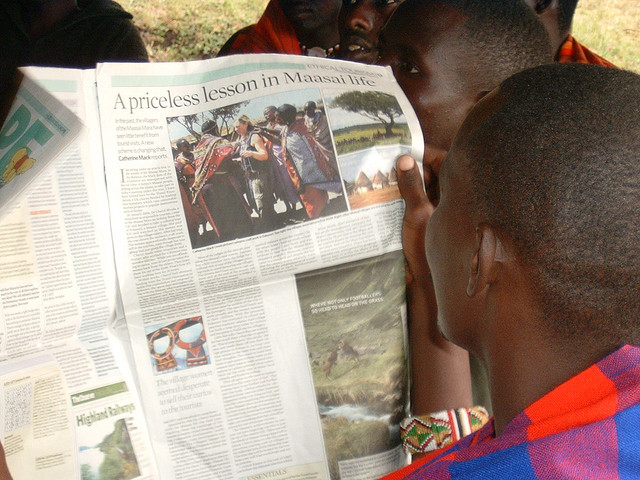
Responsible tourism and the media
However, what surprises me most is that over a decade later, after a plethora of responsible tourism conferences, conventions and codes of practice, some travel writers and influencers, not just travellers, still think it is amusing that our industry is ‘responsible’ for so much damage. As one Tweep put it, the term responsible “feels at odd with fun”. Many still dismiss the responsible tourism movement as a bit of a whim, a green geeksville, a posse of party poopers even.
Many still don’t get the fact that the responsible tourism movement is about water inequity, human rights abuses, irrational use of natural resources, waste, pollution, commercialising culture, and so much more. And why do they not know? Because so many of the responsible tourism issues and destination developments are debated in academic circles, at government, NGO and UN level or around the board tables of small, committed tour operators and agencies. And there is nearly always one empty chair at these debates. That of the media.
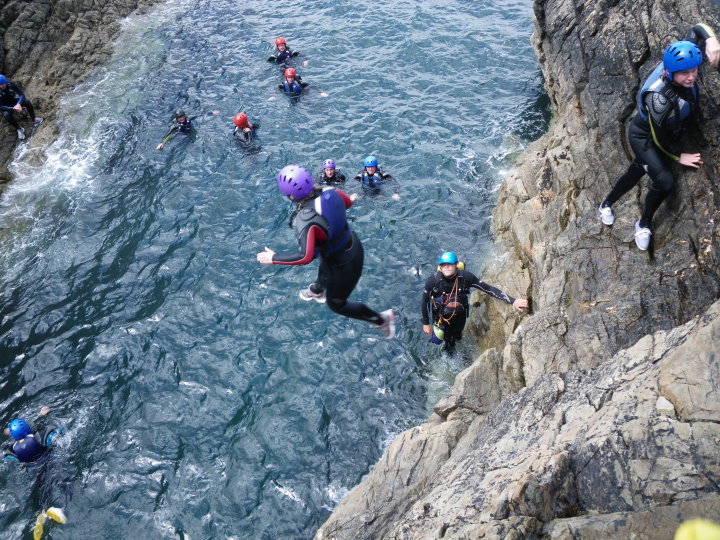
Highlight the cause or hanker after the commission?
There will always be travel writers for whom a commission will come before a ‘cause’, of course, but there are so many who are still just simply in the dark where responsible tourism, ecotourism, green or sustainable tourism issues , call it what you will, are concerned.
The reason ‘responsible tourism’ evolved as a term, is because, long before I started my studies, many forward thinking individuals from around the globe recognised that we all have to take responsibility for the tourism industry. That is to say, tour operators, transport providers, accommodation owners, tourists, governments, service providers, activity companies and of course, the media. This is all pretty well laid out in the UNWTO’s Code of Ethics (media mention is in Article 60), something all travel editors and travel publication owners should at least read, never mind incorporate into their practices and also incorporate into their Equality, Diversity and Inclusion policies.
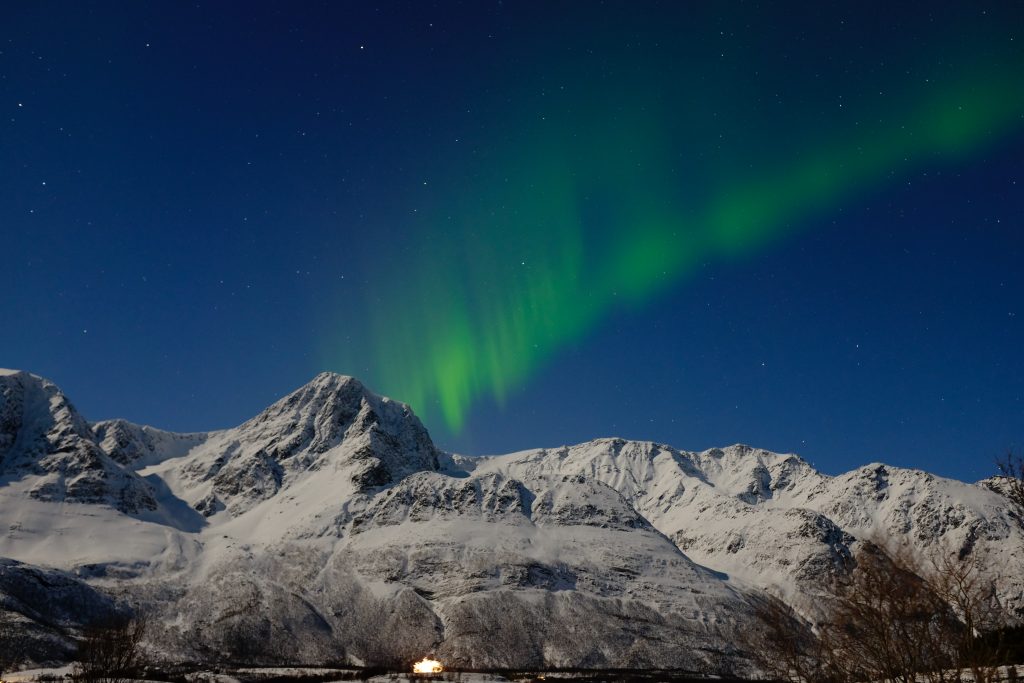
The job that shouldn’t last
In the meantime, the challenge for me has been to make a ‘responsible’ holiday sound fun, exciting or interesting enough to persuade a tourist to go on it without making them feel they are sacrificing anything for the sake of being more ‘responsible’. And then if both the readers and the editors can see that I am not a party pooper after all, I can start to throw in a few of the more urgent issues which arise from irresponsible tourism in certain destinations.
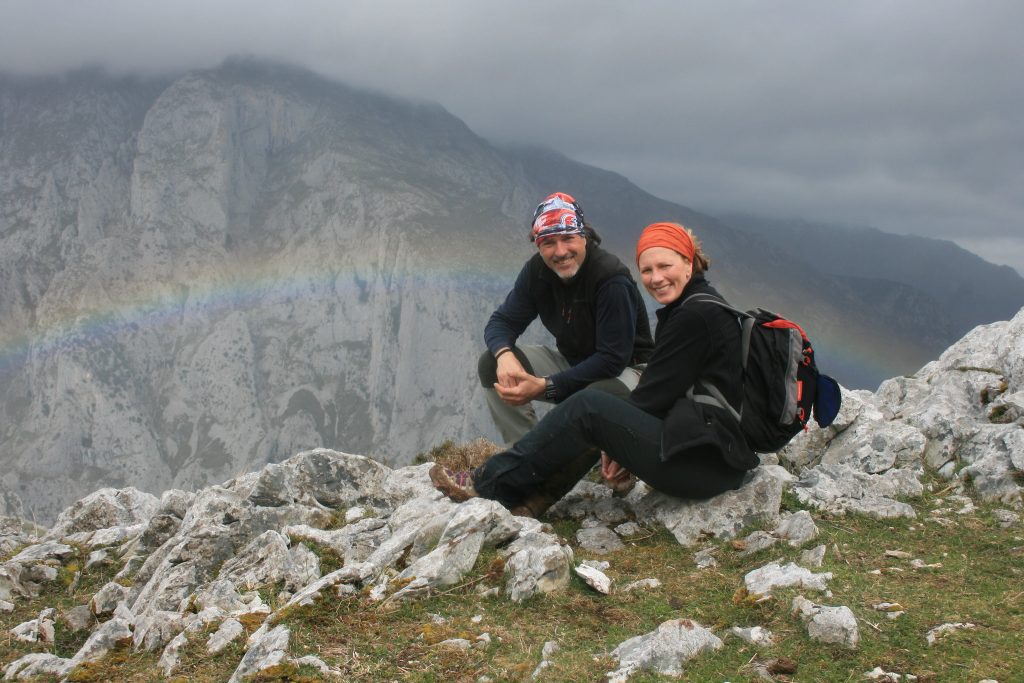
The conscious consumer also likes to do cool things
In response to the latest Tweet from a colleague on this subject, “Do punters give a toss about responsible tourism?”, the business case is already well documented. The rise of the ethical consumer is considerable, a growth trend which is set to continue. I guess what I give a toss about is getting the chance to write an article for a mainstream outlet about small sustainable businesses. For example, a small trekking company in a remote unknown region of the French Alps; or a Spanish language school in the Asturias region of Spain, where you learn the language in the morning and then go hiking in the Picos Mountains, as well as many other adventures, in the afternoons, or a green and gorgeous place to stay. A good article in a reputable media outlet could have them booked out for a season, allow them to get a loan to extend their business, and stop their employees emigrating from the area.
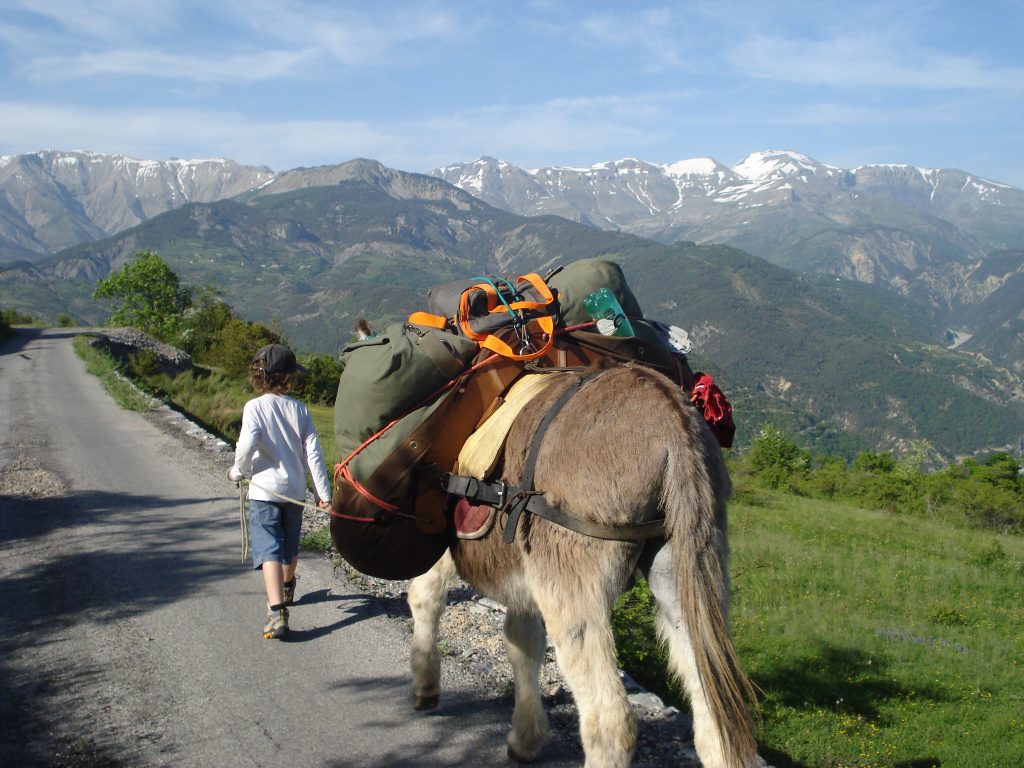
Seeking out the responsible tourism stories
Another magnificent opportunity that I got when I started writing about responsible tourism was when I was invited to cover the exploitation of the Maasai in Kenya. After years of being ignored and used by foreign-owned safari lodges, I was honoured to travel there and learn about their hard won sustainable enterprise which helps to provide schools and clean water. This beats any press junket, Facebook following or Insta hit. Give me real over reels any day.
Closer to home, if I can get just a handful of the 90% of visitors who travel by car around our national parks to leave them at home, by showing them how to get there by train, and kayak, coasteer, walk or cycle when they get there, that is a good day’s work.
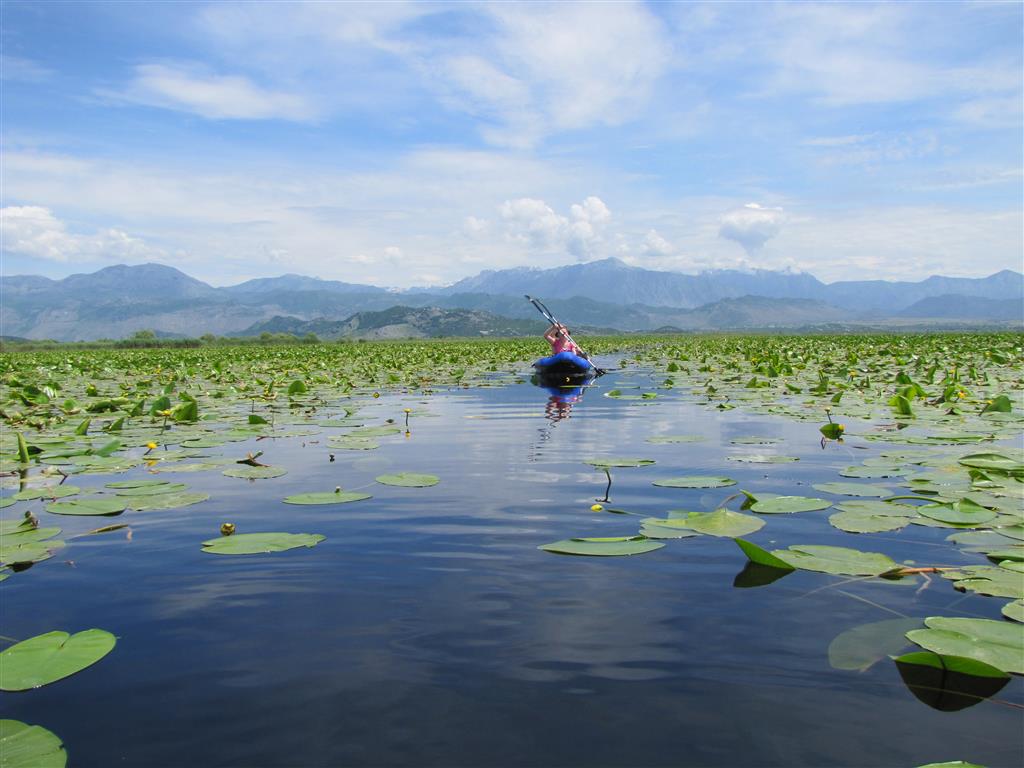
And finally, getting an opportunity to cover one small adventure company along with committed conservationists in Montenegro, who have been fighting to stop the development of Lake Skadar National Park by a vast hotel group, and then win, then this is cooler than any award. So, one thing about responsible tourism – it isn’t boring. And fun? Well, each to their own, but I am about to go ice skating across Sweden’s frozen lakes with exemplary responsible tourism company Nature Travels, which is fan f**king eco-stastic in my book. So some may continue to laugh, but hopefully they might just take time to reflect upon one thing – in tourism, the industry we know and love, we are all skating on thin ice.
(and here’s the blog about the ice skating in Sweden….it didn’t disappoint).

